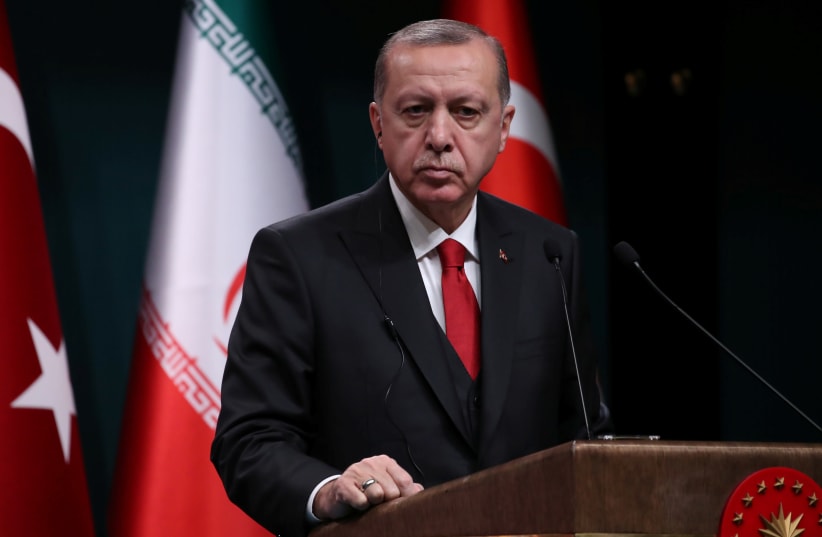Christian Christensen, professor of journalism at Stockholm University, wondered why the newspaper would give the Turkish leader a platform on this issue. “He blatantly exploited the killings, violating the dignity of those killed, to score political points,” Christensen wrote. He also noted that Turkey is a leading jailer of journalists. “Pretty rich for Washington Post to give Op-Ed space to Erdogan, who has done so much to damage free speech and free press in Turkey,” he wrote.Erdogan, meanwhile, is using the Christchurch attack to distract from domestic issues ahead of next week's local elections, broadcasting the attack footage at rallies to whip up nationalist/religious sentiment
— Zia Weise (@ZiaWeise) March 20, 2019
Why is the @washingtonpost giving Erdogan -- who showed the Facebook video of the #Christchurch terrorist mass murder at a political rally -- space on this issue? He blatantly exploited the killings, violating the dignity of those killed, to score political points. pic.twitter.com/HdjyLZ2tfi
— Christian Christensen (@ChrChristensen) March 20, 2019
“Shame on The Washington Post. Apparently its editorial board only cares about what happens in the ‘darkness.’ Erdogan is killing democracy in broad daylight,” wrote Endy Zemendis, executive director of the Hellenic American Leadership Council. The Post’s motto is “democracy dies in darkness.” Critics point to a contradiction between that slogan and the fact that Turkey, according to the Committee to Protect Journalists, has jailed 68 journalists for their work.
Ankara also faces criticism from New Zealand and Australia amid this controversy. After the reference to “coffins,” Australian Prime Minister Scott Morrison summoned the Turkish ambassador, saying it was “highly offensive to Australians and highly reckless in this very sensitive environment.” It was upsetting to Australia, and the leader said he had “conveyed that in the strongest terms possible.”
At the same time, the New Zealand foreign minister was heading to Turkey to condemn the use of the video in the election rallies. Winston Peters was supposed to “confront” Turkey.
“He is going there to set the record straight, face-to-face,” New Zealand Prime Minister Jacinda Adern claimed.
In the past, Turkey has had numerous rows with foreign countries over nationalist comments, and in each of them the Turkish leader has tended to come out stronger in elections and recent referendums. For instance, in March 2017, Holland issued a travel warning for Turkey, after the Turkish leader said, “Nazism is still widespread in the West,” when several European countries tried to prevent Turkish political rallies.
German Chancellor Angela Merkel said she supported Holland in the affair. Turkey’s leading party has benefited from fanning the flames of nationalism over relations with Israel, as well as other angry spats with European countries. In another case, a Turkish presidential bodyguard fought with peaceful protesters in Washington in May 2017. Last March, the US dropped charges against the bodyguard involved in the incident.
